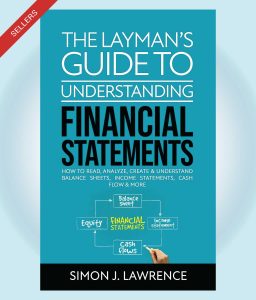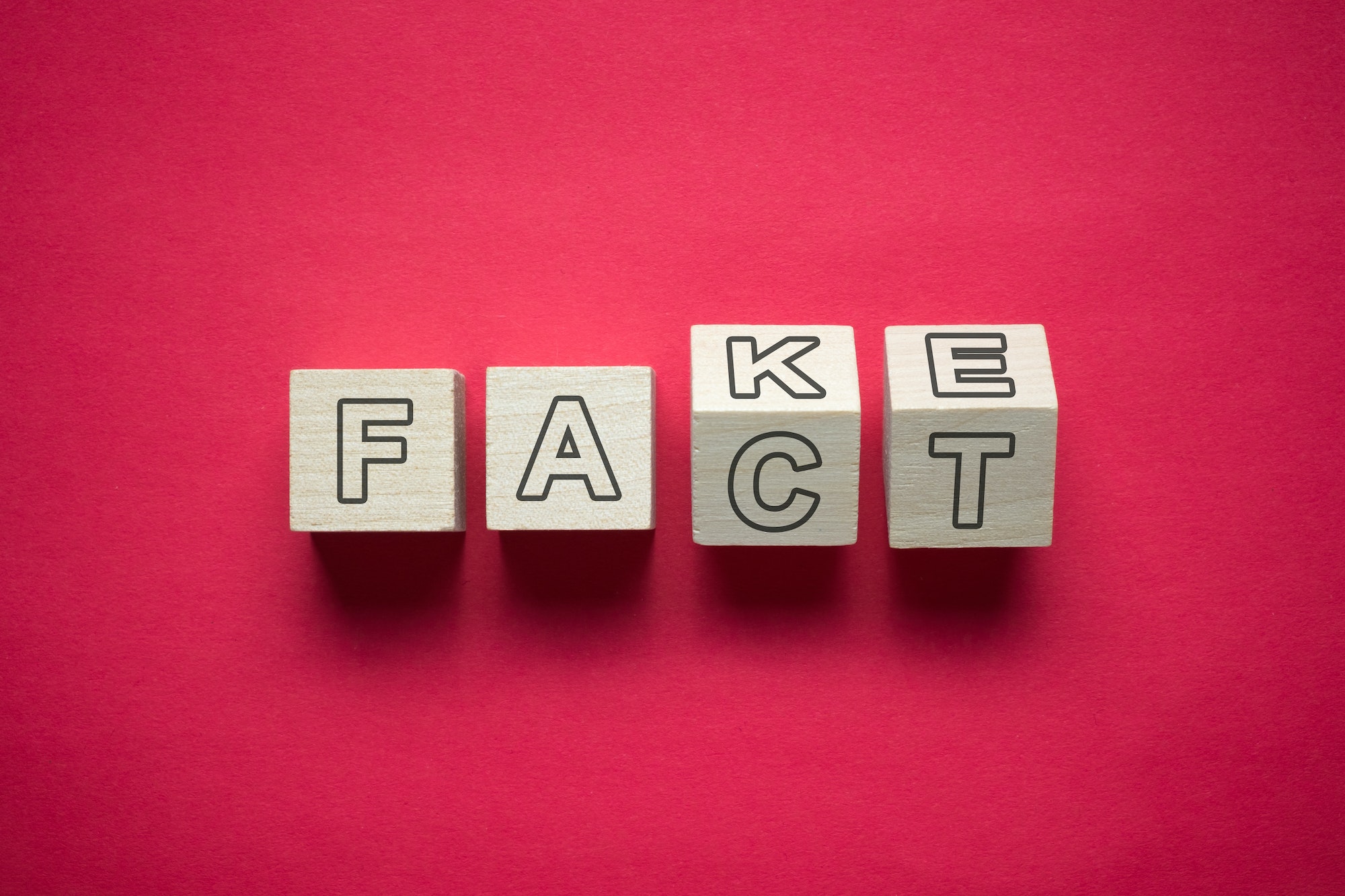Ok, now we are getting to the serious part of analyzing and valuing a company you may want to buy. A key question is how much money the company makes, which means how much money will you make.
Warning – this article is going to have a ton of financial terms and language you may not be familiar with. We have provided links to other articles that explain those words and concepts in more depth. We highly recommend you take a look at them.
Earnings Before Interest and Taxes (EBITDA) is important, but I think the Cash Flow statement tells you more.
EBITDA defined
EBITDA, or Earnings Before Interest, Taxes, Depreciation, and Amortization, is a financial term that is commonly used to measure a company’s profitability. It is calculated by taking a company’s earnings (or net income) and adding back interest, taxes, depreciation, and amortization expenses.
The EBITDA measures the company’s performance without the accounting trickery of interest, depreciation, and amortization. EBITDA is often used as a quick and easy way to compare a company’s profitability to other companies or to its own past years’ performance.
- Interest and taxes are pretty straightforward. Interest is what you pay on loans and taxes are what you pay to federal, state, and local governments.
- Depreciation is the process of deducting the cost of a business asset over a long period of time, rather than over the course of one year.
- Amortization typically refers to the process of writing down the value of either a loan or an intangible asset over time
How EBITDA is used when buying a business
EBITDA is often used as a quick and easy way to compare a company’s profitability to other companies or to its own past years’ performance. It is also used by business buyers and business brokers to assess the value of a company, as it can be used to calculate a company’s asking price.
When you start talking with business brokers, they will often mention the price of a business for sale as some multiple of the EBITDA. For example, if the EBITDA is $100,000 and the company is selling for 3X, it means the asking price for the company is $300,000.
You will also sometimes hear brokers say that the price is some multiple of revenues. it is the same process to get to the asking price. If the broker says it is selling at 1.5X of revenues and total revenues were $100,000, the asking price would be $150,000.
Expert Tip – BizBuySell has a great article explaining companies’ EBITDA multiples by industry. Definitely take a look to get an idea of what companies in different industries actually sell for.
Limitations of using EBITDA to value a business
One thing to know is that EBITDA is not a measure of a company’s cash flow, which is the amount of cash that a company generates or uses in a given period. Cash flow is in our opinion the most important way to understand how much money a company makes and how healthy it is.
Here is something to consider – a company can have a positive EBITDA but negative cash flow, which means that it is generating profits but not enough cash to cover its expenses. I know this is hard to understand but it is true. Don’t just look at the EBITDA number, it’s important to look at both EBITDA AND cash flow when evaluating a company’s financial performance.
In my experience, most of the time, a company will not have a cash flow statement as part of the information given to the business broker. The seller will often have to ask their accountant to create one. You should always ask the broker or seller to provide a cash flow statement.
Learn More – Investopedia has a great article explaining how it is possible to have positive cash flow and negative profits. We highly recommend you read this article.
Another limitation of EBITDA is that it does not take into account a company’s capital expenditures (CapEx), which is the money a company uses to purchase things the business needs like property, equipment, or technology.
CapEx is important to many companies’ growth, as it allows a company to buy the things it needs to expand and increase its revenue. One reason why EBITDA could be misleading is that CapEx is not subtracted from EBITDA, which could make a company look like it is making money, but not really making money.
A real-world example of the limits of EBITDA
I once took a look at buying a small, independent rental car company. The company said they had a positive EBITDA and it was correct based on how EBITDA is calculated. However, what I found out during due diligence is that the company had a lot of really old rental cars and they spent a bunch of money each year to buy new ones.
They were using cash to buy cars faster than those rental cars could generate new cash. The company had a positive EBITDA but a negative cash flow for the last three years. I passed on that opportunity.
Go deeper
Analyzing financial statements is not something that naturally comes easily to most people – you have to learn how to do it. Hopefully, this article and the links to other articles will help. To really understand financial statements we recommend you take a look at “The Layman’s Guide to Understanding Financial Statements”.
This book will help you understand each type of financial statement as a buyer and then as a business owner. What is great about this book is that it is not full of technical accounting terms or complicated calculations. It is written so everyone from an expert to someone just starting out can understand it.
Final thoughts on EBITDA
In summary, EBITDA is one of several useful numbers for understanding a company’s profitability, but we feel that you get a much better understanding of a company’s health by looking at the cash flow. Without enough positive cash flow, a company will not survive.
Always ask the business broker for a cash flow statement if they do not give it to you in the information packet. Business buyers should use EBITDA along with other financial data, such as cash flow, capital expenditures, and the balance sheet, to get a complete picture of how a company is doing.
Now go out there and make your destiny!









